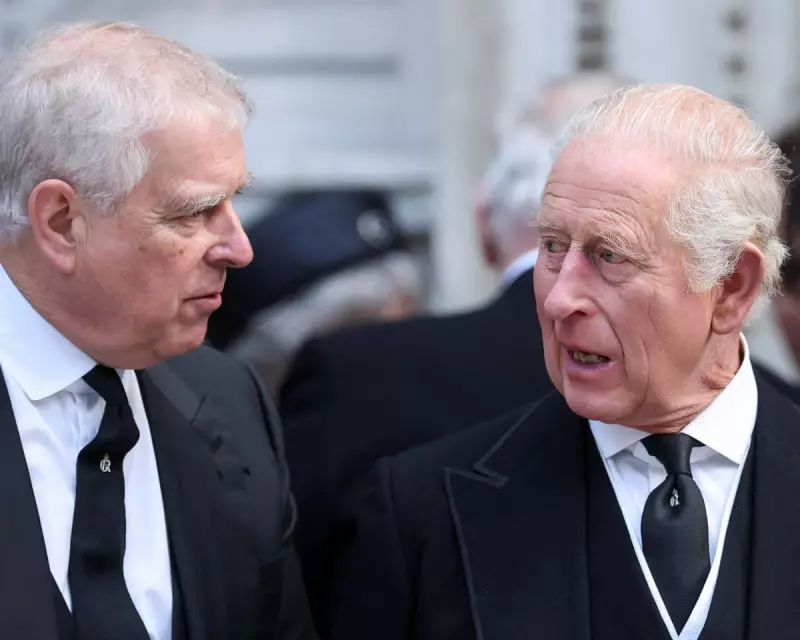
Throughout human history, few relationships have proven as complex and combustible as that between brothers. From the earliest biblical accounts to the modern royal household, sibling rivalries have shaped destinies, divided kingdoms, and captivated public imagination for millennia.
The Original Sin: Cain and Abel's Fatal Conflict
The very first brothers in biblical tradition set a dramatic precedent for sibling conflict. Cain, a tiller of the ground, and Abel, a keeper of sheep, presented their offerings to God. When Abel's sacrifice found favour while Cain's was rejected, jealousy festered into history's first recorded homicide—a stark reminder that brotherly bonds can sometimes break in the most tragic ways.
Royal Rifts Through the Ages
The British monarchy provides particularly rich territory for exploring brotherly tensions. King William II and King Henry I's relationship was marked by suspicion and power struggles following their father William the Conqueror's death. The pattern repeated centuries later with George IV and his brother William IV, whose relationship strained under the pressures of succession and royal duty.
Modern Monarchial Tensions
In contemporary times, the relationship between King Charles III and Prince Andrew has captured public attention. Their differing personalities and life paths—Charles's dedication to duty contrasting with Andrew's various controversies—have created one of the most watched sibling dynamics in modern royalty. The Duke of York's connection to Jeffrey Epstein and subsequent withdrawal from public duties has undoubtedly added strain to their fraternal bond.
Beyond Royalty: Famous Fraternal Fallouts
The phenomenon extends far beyond palace walls. The Marx Brothers, while comedy legends, experienced their own behind-the-scenes tensions. Literary giants like William and Henry James maintained a complex relationship of professional rivalry and mutual admiration. Even artistic visionaries like Vincent and Theo van Gogh navigated a relationship complicated by financial dependence and mental health struggles.
Why Brotherly Bonds Sometimes Break
Psychologists suggest several factors make brotherly relationships particularly vulnerable to conflict:
- Parental attention competition: Siblings often compete for limited parental resources and approval
- Inheritance disputes: Particularly in royal or wealthy families where titles and fortunes are at stake
- Personality clashes: Fundamental differences in temperament and values
- Public pressure: The intense scrutiny faced by famous families can exacerbate existing tensions
These historical and contemporary examples reveal that while brotherhood can be a source of great strength, it's also a relationship vulnerable to the complex interplay of power, personality, and circumstance. The persistence of such conflicts across centuries suggests they're an enduring, if unfortunate, aspect of the human experience.





